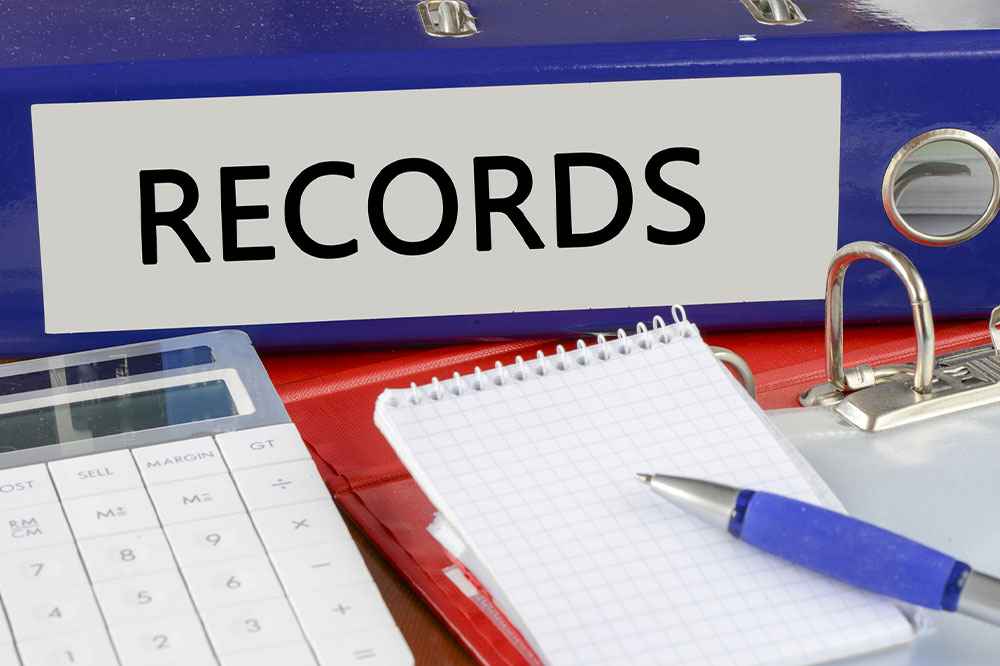Comprehensive Guide to Accessing Property Ownership Records for Buyers and Investors
Learn comprehensive methods to access and interpret property ownership records, essential for buyers and investors, including online resources, local government offices, and professional services. This detailed guide covers all necessary steps to gather accurate property information and make informed decisions in real estate transactions.

Comprehensive Guide to Accessing Property Ownership Records for Buyers and Investors
Understanding who owns a property is a fundamental aspect of real estate transactions, whether you're a prospective homebuyer, an investor, or simply conducting due diligence. Property ownership records serve as a verified source of information about a property's legal owner, history, and associated legal statuses. Accessing these records can provide critical insights into a property's background, potential liens, mortgage details, and even legal disputes that might influence your decision-making process. This comprehensive guide will walk you through the detailed steps and resources needed to effectively access and interpret property ownership records.
Property records are maintained at local government levels—primarily county offices such as recorders, registrars, or clerk's offices—across the country. These records are public, meaning anyone interested can access them, whether in person or online. Conducting a property search involves exploring these public repositories to gather crucial information about the specific property.
Initiating your search at the county where the property is situated is essential, as this is where the official records are stored. Start by examining the local tax assessor's records, which usually include essential details like the current owner’s name, property address, tax identification number, and payment history. These tax records are often available online through county government websites, providing a fast and efficient way to gather preliminary information without visiting in person.
In addition to tax records, visiting local government offices—either physically or via their online portals—can offer deeper insights into a property’s history. Staff members at these offices can assist in locating deeds, liens, or other legal documents related to the property. Many counties also provide online property databases, which contain detailed reports, including ownership history, mortgage records, assessed property values, and zoning information.
For a more comprehensive picture, consider accessing federal court records or legal databases, which can reveal any legal disputes or liens related to the property. These records can be particularly useful when dealing with foreclosure cases, ongoing litigation, or other legal encumbrances that might impact ownership or value.
Several online platforms and real estate websites simplify the process of searching for property information. Websites such as Realtor.com, Zillow, Trulia, and Vast.com allow users to search for properties even if they are not publicly listed for sale. These platforms aggregate data from various sources to present an integrated profile of a property, including ownership history, mortgage and lien information, and even demographic data.
Contacting local title companies can also be a valuable step. Title companies specialize in conducting detailed title searches and can provide summaries of property deeds, liens, and encumbrances often at no cost or for a small fee. Moreover, professional real estate agents with access to multiple property databases can facilitate your search, offering additional insights and helping interpret the data you gather.
Overall, accessing property ownership records is a multi-step process that combines online research, in-person visits, and professional assistance. Doing thorough due diligence ensures you have a clear understanding of each property’s legal history, ownership details, and potential issues—information that is crucial for making informed buying, selling, or investing decisions in the real estate market. By leveraging available resources and following this strategic approach, you'll be well-equipped to uncover vital property details with confidence and precision.





